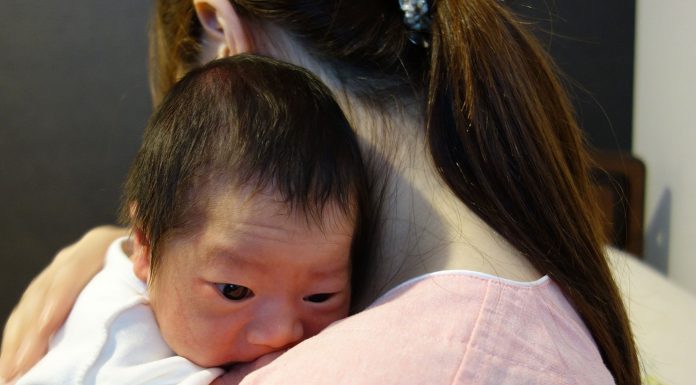Dr Mark Jones discusses the implications for global health of wealthy countries ‘poaching’ nurses from poorer countries.
Globalisation and internationalisation – two different words with similar meanings as far as world trade and economics are concerned – remain contentious issues for the nursing workforce.

The more-developed countries have been accused of ‘poaching’ nurses from the less-developed, who aren’t able to match the salaries or working conditions to hang onto their nursing workforce.
Such has been the concern about poaching that, following lobbying from our profession at the World Health Assembly back in 2004, a resolution was agreed (WHA 57.19) urging the World Health Organization (WHO) to develop an international recruitment code of practice to limit the practice. WHO eventually issued a code in 2010, but this is non-binding on member countries so international recruitment, and consequently nurse migration, still goes on.
Clearly, rich, developed countries attracting nurses away from poorer ones is not a good thing. Chief nurses here in New Zealand are frequently reminded that a fifth of our nursing resource has been trained overseas. As one of both of those – an internationally qualified nurse (IQN) and a former chief nurse who is now proud to be a Kiwi – I would like to think that we IQNs have something to offer.
Without doubt, experienced nurses with a specialist background add to our ability to deliver quality care, and likewise New Zealand nurses heading to countries with more developed healthcare systems gain knowledge and skills that contribute to improving care standards when they return home. Therein lies the rub though: they need to come home.
Helping nurses stay home
It should be possible for us to allow nurses from our neighbouring Pacific Island nations to come here, learn new skills, and return home to enhance the delivery of nursing care. Yet it is incredibly difficult to facilitate such programmes as requirements like English language competency get in the way. We need to be more creative here.
The other concern is that internationally qualified nurses moving to developed countries for education might never leave.
Working with the Western Australian Government, I headed an outreach programme to enhance the skills of Tanzanian nurses and midwives with the aim of reducing maternal and infant mortality.
Our programme did what we intended and hundreds of nurses and midwives improved their knowledge and skills through attending short courses delivered in-country by Australian nurse/midwifery educators. Yet we observed commensurate distress among those colleagues as, whilst they were pleased to acquire new skills, they were frustrated in putting their new-found knowledge to good use, due to inadequate resources at even the most basic level. What use was learning WHO’s Five Moments for Hand Hygiene when there was no soap or clean water? Or learning the best possible dressing techniques when bandages and swabs were having to be re-used between patients? Not to mention the multiple recycling of ‘single use’ items that we casually tossed in the bin back home.
Significant improvements in working conditions were required for expert nurses and midwives not to seek to move to a country where not only could they could earn more, but they could also practise as they really wanted to.
Global lobbying needed for better resources
This is perhaps the ultimate challenge in the nurse migration debate. We can send nurses as volunteers offshore to share skills and knowledge, but infrastructure challenges work against the domestic workforce being able to raise care standards long-term, no matter how keenly they embrace the assistance. The global nursing community really needs to engage at a political level and lobby hard for resource reallocation into the healthcare system.
We also need to avoid falling into the trap that developed countries ‘do healthcare’ better than those that are less well resourced.
In Africa and several Pacific Island nations, I have witnessed primary healthcare that knocks the socks off what we are able to achieve here. Certainly our drugs, diagnostic technology, and complex technical interventions are better, but our ability to work in a cohesive, multi-functioning team of professionals in true partnership with the community lags way behind. There is a transnational cost-benefit analysis just waiting to be done there and I would suggest we too have much to learn.
Author: Dr Mark Jones is a board member of the College of Nurses Aotearoa and Head of School of Nursing, Massey University.






















